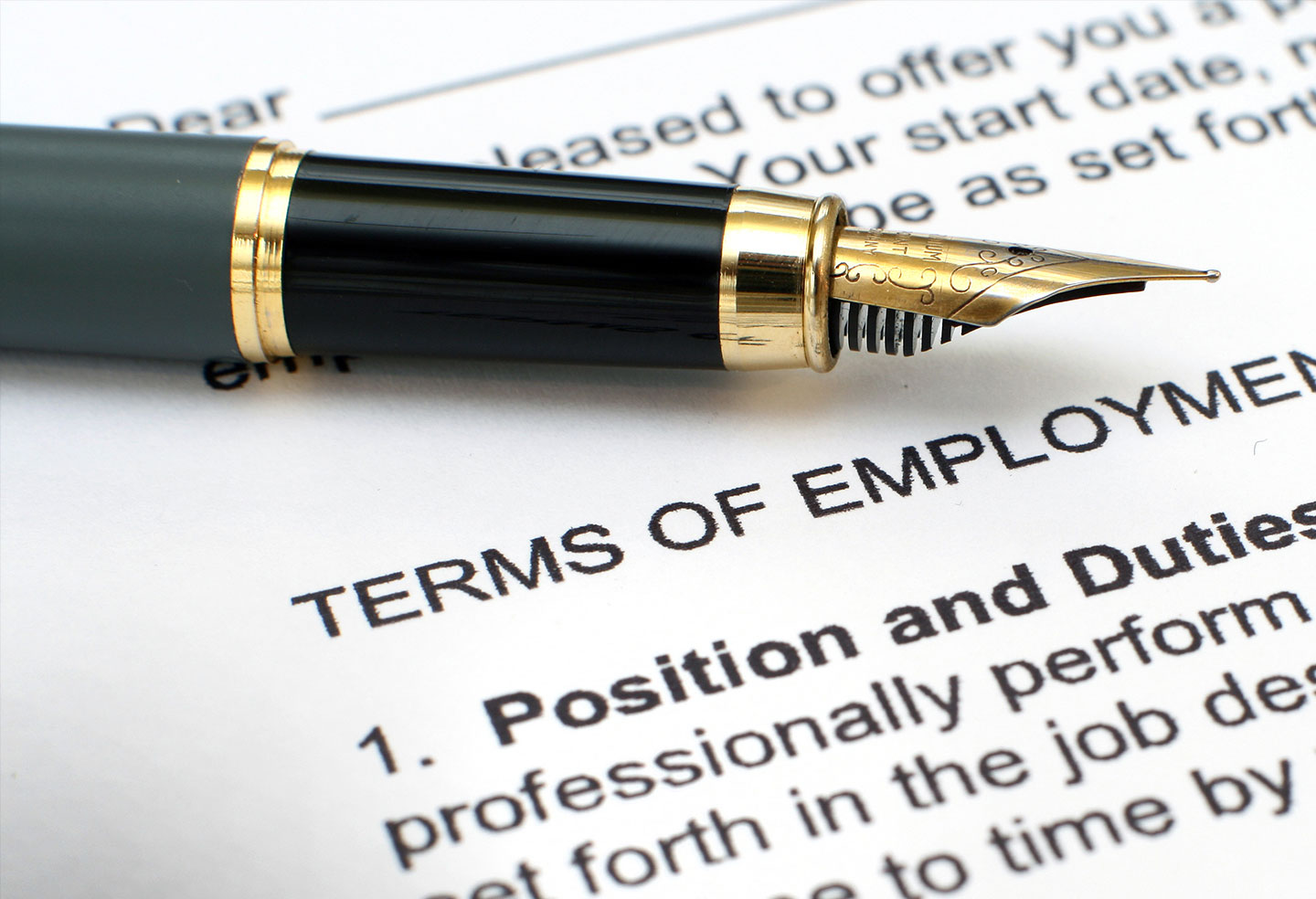Employment Law Update

Maryland to Impose Penalties for Misclassification of Employees as Independent Contractors
Last year we reported on the U.S. Department of Labor's declaration of war on the misclassification of workers as independent contractors (instead of as employees) and the potential liabilities that can result from a worker's misclassification. [See article.] During its 2016 legislative session, the Maryland General Assembly enacted new sanctions for employers who fail to properly classify a worker as an employee for purposes of unemployment insurance. The new law becomes effective October 1, 2016.
New Assessments and Sanctions
If the Maryland Secretary of the Department of Labor, Licensing and Regulation ("DLLR") determines that an employer has failed to properly classify a worker as an employee it will issue an assessment to the employer for delinquent unemployment contribution payments. An employer that fails to pay the assessment within 45 days will be assessed interest at 2% per month beginning with the first due date following notice of the misclassification.
If the DLLR determines that an employer "knowingly" failed to properly classify a worker as an employee, the employer will also be subject to a civil penalty of not more than $5,000 per employee. "Knowingly" is defined by the law to mean "having actual knowledge, deliberate ignorance, or reckless disregard for the truth." Employers found to have knowingly violated the law on more than one occasion may be assessed a double penalty – that is, up to $10,000 per employee.
The law also provides for a civil penalty of up to $20,000 to be imposed against a person, such as a lawyer, accountant, consultant or other individual or entity, that knowingly advises an employer "to take action for the purpose of violating" the classification law.
The law also provides that the DLLR must consider "as strong evidence that an employer did not knowingly fail to properly classify" a worker as an employee, whether the employer:
• classifies all workers who perform the same or substantially the same tasks for the employer as independent contractors, and reports the income of the workers to the IRS; and
• has received a determination from the IRS that the worker (or others who performed the same or substantially the same tasks for the employer) is an independent contractor.
Sharing Information With Other Agencies
The new law specifies that if the DLLR determines that an employer has failed to properly classify a worker as an employee, the DLLR must notify the Workers' Compensation Commission, the Division of Labor and Industry, the Insurance Administration, and the Comptroller, and that those agencies should cooperate and share information with each other. In addition, Maryland is part of the U.S. Department of Labor's misclassification initiative, under which state and federal agencies collaborate to combat misclassification.
Regulations
The DLLR is directed by the law to adopt regulations that:
• require the DLLR to provide an employer with the factual basis for any violation charged,
• establish procedures regarding the audit process and any agency level review which is available before appeal, and
• provide guidance as to what constitutes the evidence relevant to the determination of whether an employer knowingly failed to properly classify a worker as an employee.
Next Steps for Employers
Only time will tell how aggressively the DLLR will use this new enforcement tool against employers (and their advisors). The law has the potential to create significant liability for employers that utilize independent contractors as a part of their workforce. Accordingly, employers should review whether their independent contractors are properly classified.
If you have questions about the new law or the classification of workers in your business, contact:
|
Chuck Bacharach |
Bob Kellner |